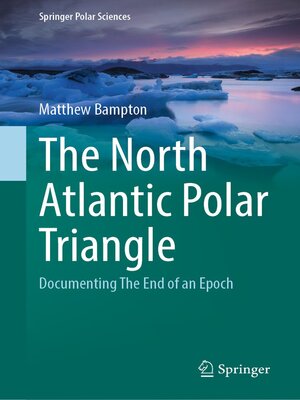The North Atlantic Polar Triangle
ebook ∣ Documenting the End of an Epoch · Springer Polar Sciences
By Matthew Bampton

Sign up to save your library
With an OverDrive account, you can save your favorite libraries for at-a-glance information about availability. Find out more about OverDrive accounts.
Find this title in Libby, the library reading app by OverDrive.



Search for a digital library with this title
Title found at these libraries:
| Loading... |
This book explores the broad trajectory of the Holocene epoch in a region defined as the North Atlantic Polar Triangle (NAPT). The text is multi-disciplinary and synthetic, and focuses on the area extending from the North Pole to the Equator, and covers 60 degrees of longitude, encompassing the entire North Atlantic and significant parts of the land-masses that surround it. It discusses the physical, ecological and cultural history of the NAPT and its bordering regions after the end of the Last Glacial Maximum. It outlines the long-term changing relationships between environmental processes and humans within this single space, providing insight into the broader and more complex interactions happening globally. The author proposes, on the basis of the changes that can be documented in the NAPT, probable trajectories of change in other equally complex but less well-documented, and less geographically constrained Earth systems. It contributes to the ongoing discussion of human transformation of the world, and the current debate about the designation of a new geological epoch, the Anthropocene. It concludes by supporting the proposition that the Anthropocene is best understood as a boundary event, marking the upper limit of the Holocene, rather than as a new epoch. The intended audience includes physical geographers, anthropologists and readers exploring the synthetic analyses of the crisis humans currently confront as the world enters a period of extraordinary change






